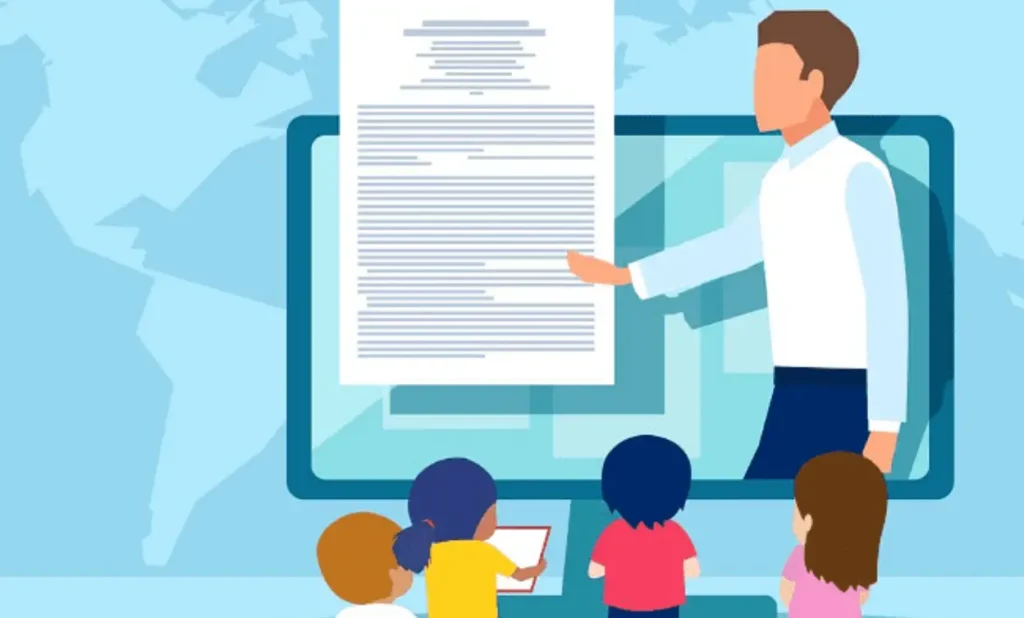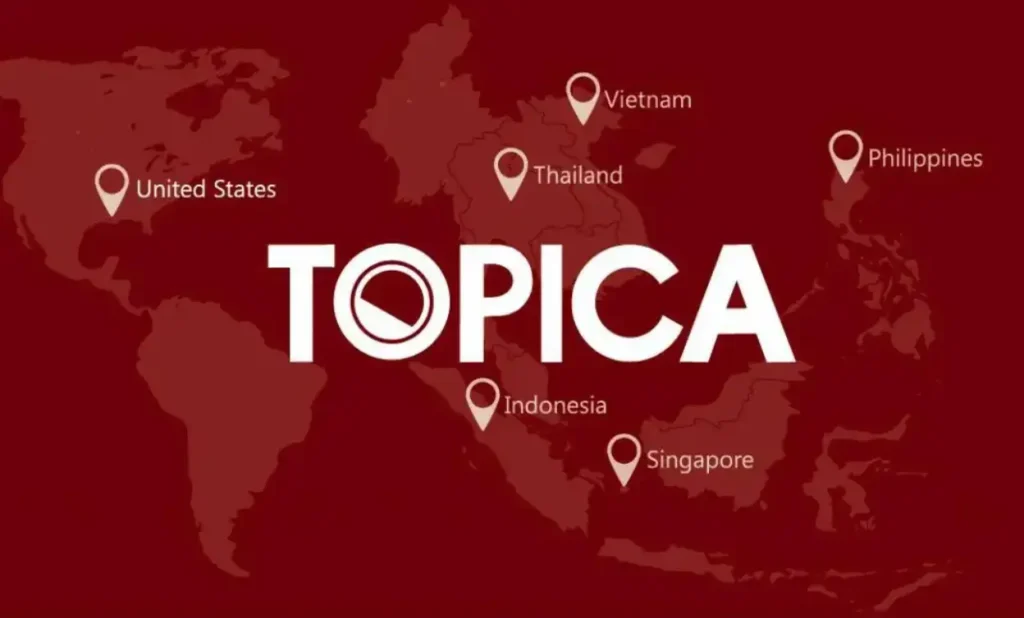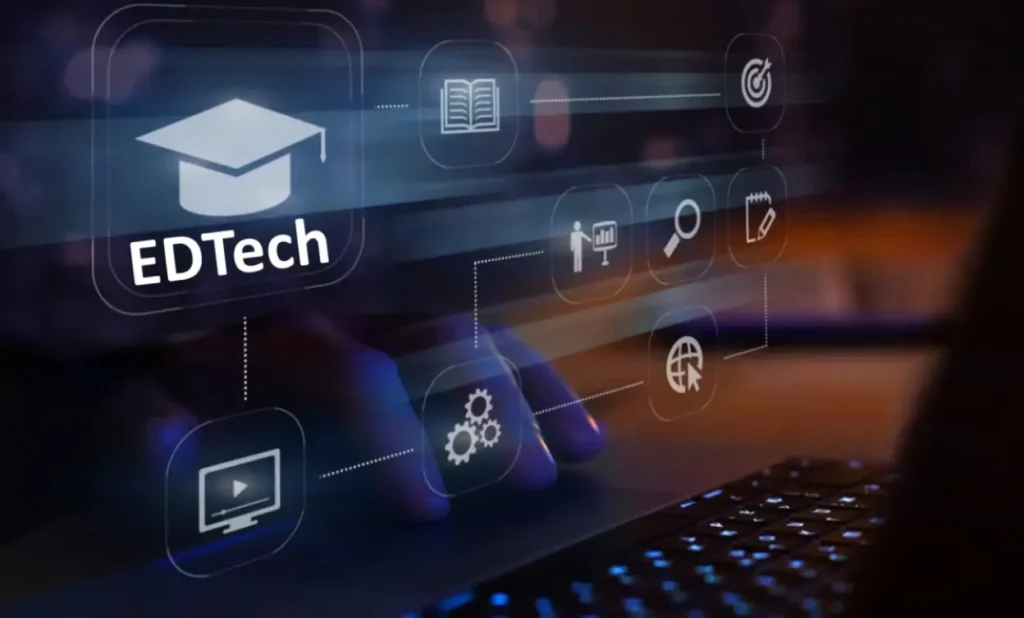
The education technology (EdTech) landscape in Southeast Asia has undergone a remarkable transformation in recent years, with startups leveraging digital innovation to redefine learning experiences and disrupt traditional classrooms. As we explore the region’s most impactful EdTech startups, it becomes clear that they are not just supplementing education but reshaping it entirely, preparing learners for the demands of a global, tech-driven world.
The Rapid Growth of EdTech in Southeast Asia

Southeast Asia, with its large youth population and booming internet penetration, has become fertile ground for EdTech innovation. Countries like Indonesia, Vietnam, Thailand, Malaysia, and the Philippines are witnessing explosive growth in digital education platforms. The combination of government initiatives, private investments, and widespread smartphone usage has created the perfect ecosystem for EdTech startups to thrive.
Ruangguru: Indonesia’s EdTech Giant Revolutionizing Learning

One of the most prominent EdTech startups in Southeast Asia is Ruangguru, an Indonesian platform that provides affordable online tutoring, interactive learning videos, and exam preparation tools for students. With over 22 million users, Ruangguru offers a wide range of services, from live tutoring sessions to personalized learning journeys, targeting K-12 students across the archipelago.
What sets Ruangguru apart is its gamified learning approach, which keeps students engaged, and its teacher marketplace that connects learners with qualified educators. By making quality education accessible even in rural areas, Ruangguru has become a key player in reducing the educational gap in Indonesia.
CleverMate: Personalized Tutoring in Vietnam

Vietnam’s CleverMate is transforming traditional tutoring by offering a personalized, on-demand tutoring platform. Through its innovative matching algorithm, CleverMate connects students with the best-fit tutors based on learning styles, subject needs, and goals. The platform covers a broad spectrum of subjects, including STEM, languages, and test preparation, and provides flexible scheduling options for busy students.
CleverMate’s commitment to personalization and data-driven learning progress ensures that students receive tailored support, making it a formidable force in Vietnam’s rapidly growing EdTech sector.
Classruum: Bridging the Gap in the Philippines

In the Philippines, Classruum has emerged as a powerful EdTech platform designed to bridge the learning gaps in public education. Focused on K-12 learners, Classruum provides interactive modules, assessment tools, and teacher resources aligned with the national curriculum. The platform’s offline functionality is a game-changer, enabling students in low-connectivity areas to access learning materials anytime.
Classruum also emphasizes teacher empowerment, offering professional development modules and peer collaboration tools to help educators enhance their teaching strategies and deliver more engaging classroom experiences.
Geniebook: Singapore’s AI-Driven Learning Platform

Singapore’s Geniebook is an EdTech startup harnessing the power of artificial intelligence (AI) to personalize learning for students. By analyzing student performance, Geniebook generates adaptive worksheets tailored to individual learning gaps and strengths. The platform covers critical subjects such as mathematics, science, and English, catering to both primary and secondary school students.
Geniebook’s AI-powered insights help students focus on weak areas, improving learning efficiency and outcomes. With real-time feedback and live classes, Geniebook delivers an interactive, results-oriented educational experience that resonates with both students and parents.
Snapask: Instant Tutoring Across Southeast Asia

Snapask, a Hong Kong-based EdTech startup with a strong presence in Southeast Asia, offers on-demand tutoring services that allow students to get instant academic help. By simply snapping a photo of a question, students can connect with tutors who provide real-time explanations and step-by-step solutions.
Operating in countries like Singapore, Malaysia, and Thailand, Snapask has become a trusted academic companion for students preparing for major exams. Its user-friendly mobile interface and round-the-clock availability make it an invaluable tool for today’s digital-native learners.
Kalpha: Peer-to-Peer Learning in Southeast Asia

Singapore-based Kalpha introduces a peer-to-peer learning platform that enables individuals to share knowledge and skills through one-on-one sessions. From academic subjects to niche skills like photography and entrepreneurship, Kalpha facilitates learning beyond the classroom, fostering a community-driven educational model.
By democratizing access to experiential learning, Kalpha is empowering Southeast Asian learners to expand their knowledge base and develop practical competencies that are often overlooked in formal education settings.
Topica Edtech Group: Driving Online Education in Vietnam

Topica Edtech Group, a veteran player in Vietnam’s EdTech scene, focuses on providing online degree programs and certifications in collaboration with reputable universities. With its diverse portfolio of products, including Topica Native (an English learning app) and Topica Uni (degree programs), the company has made higher education more accessible to working adults and non-traditional learners.
Topica’s integration of cutting-edge technologies like virtual reality (VR) and AI into its learning platforms positions it as a leader in delivering immersive, flexible education.
Challenges and Opportunities in Southeast Asian EdTech

While the EdTech sector in Southeast Asia is flourishing, it faces challenges such as digital infrastructure limitations, affordability issues, and regulatory hurdles. However, these challenges present opportunities for startups to innovate and localize solutions that meet the unique needs of their target markets.
The ongoing demand for upskilling, lifelong learning, and digital literacy is propelling the EdTech market forward, with more startups likely to emerge and disrupt conventional educational models in the coming years.
The Future of Education in Southeast Asia
As EdTech startups continue to innovate, the future of education in Southeast Asia is poised to be more personalized, inclusive, and accessible. These startups are not just reshaping how students learn but also transforming the role of teachers, redesigning curriculum delivery, and breaking down geographical barriers.
With continued investment and technological advancement, EdTech in Southeast Asia is set to play a pivotal role in closing education gaps, fostering innovation, and empowering the next generation of learners.
